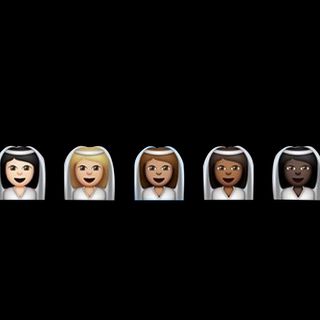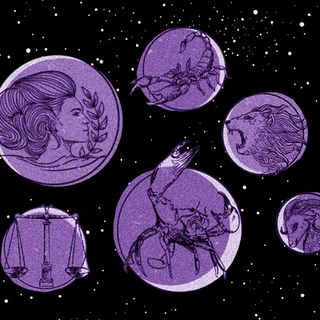
HUL May Have Renamed Fair & Lovely, But It Is Still Selling Skin Whitening Cream
This semantic detail does not change the fact that the company is still selling a product promoting colorism.

Editor’s Note: This article has been updated since its initial publication.
Yesterday, Unilever announced that it will rebrand its Fair & Lovely range of skin-lightening creams in India, axing the word ‘fair’, “to embrace a more inclusive vision of beauty.”
In the past few weeks, two online petitions on Change.org, Ban Fair & Lovely and Discontinue Fair & Lovely, collected a total of 18,000 signatures urging Unilever to stop manufacturing the product “built upon, perpetuated and benefited from internalized racism” which “promotes anti-blackness sentiments among all its consumers.” In the wake of #BlackLivesMatter, there has been tremendous internet backlash towards skin-whitening products, and the celebrities who have endorsed these products. In fact, last week, Johnson & Johnson also decided to take its skin-whitening products off the shelves. Unilever announced that it is dropping the word ‘fair’ from its Fair & Lovely range of products — instead of discontinuing a product line whose intended purpose is to lighten skin.
Arguably, this small, cosmetic change to the name is not nearly enough to address its cultural repercussions either. Removing the words ‘fairness,’ ‘whitening,’ and ‘lightening’ from products intended to make people fairer, whiter and lighter is as superficial a response possible because the company has not indicated any intent to make any alterations in its constituent ingredients that have so far enabled it to advertise its products as skin-whitening. India’s tryst with colorism has a complicated history interspersed with both casteism and colonialism — and a product that perpetuates it, if not through its name, then through its very existence, that has no place in 2020.
Related on The Swaddle:
Shaadi.com Removes Skin Tone Search Filter. But What About All the Other Offensive Filters?
“Given their size, resources and influence, there are ethical standards to which [these companies] should be held. This includes not being complicit in prejudicial practices. Adverts for cosmetics have infamously presented darker-skinned women as failures compared with lighter-skinned women. Colourism existed long before these companies, but they commodify it and sell it. These companies are able to change and it is something we might reasonably ask of them,” Herjeet Marway, a global ethics lecturer at the University of Birmingham, said.
Reportedly, the brand has also committed to remove any suggestions in its marketing that indicate that success is linked to skin tone. But, the fact that the product will continue to exist, and be advertised extensively, will continue to make fairness a standard to aspire to anyway — especially when the product itself contains skin-whitening agents. “It doesn’t do enough to make reparations for the untold mental and emotional damage done by colorism. Renaming the products doesn’t mean anything — that’s still just colorism by another word,” Poorna Bell, activist and former editor of HuffPost UK, told BBC.
Interestingly, earlier this month, Unilever had announced that it is pledging more than 1 million USD — approximately, 0.2 percent of Fair & Lovely’s revenue — to organizations and activists working for social justice and racial equality. But, the brand was immediately called out for its hypocrisy and performative wokeness towards the cause of eradicating racism while continuing to promote colorism through its products.
Related on The Swaddle:
Study: People Find Women Wearing Make‑up More Trustworthy
This January, Norway had banned two creams in Fair & Lovely’s product line for containing mercury, and hydroquinone, a skin-lightening agent. On its official website, the European Consumers Commission had alerted that while the mercury in the cream could accumulate in the body and cause damages to the kidneys, the brain, and the nervous system, besides affecting reproduction; the hydroquinone could cause skin irritation, dermatitis, and even skin cancer. Unilever’s response was that the products they tested were probably counterfeit.
But, Unilever has continued to argue that its product isn’t harmful, and even in the wake of colorism allegations, has no plans of withdrawing it from the market. “A new name has been chosen for the cream and is awaiting regulatory approvals,” the company announced yesterday. Perhaps, the brand doesn’t want to discontinue minting the 550 million USD that Fair & Lovely generates as annual revenue from India alone.
Fair & Lovely, by whatever name, continues to perpetuate all the problems with Fair & Lovely.
Devrupa Rakshit is an Associate Editor at The Swaddle. She is a lawyer by education, a poet by accident, a painter by shaukh, and autistic by birth. You can find her on Instagram @devruparakshit.
Related


Hijacking Megan Fox’s Experience to Fit a Sexualization Narrative Dehumanizes Her
